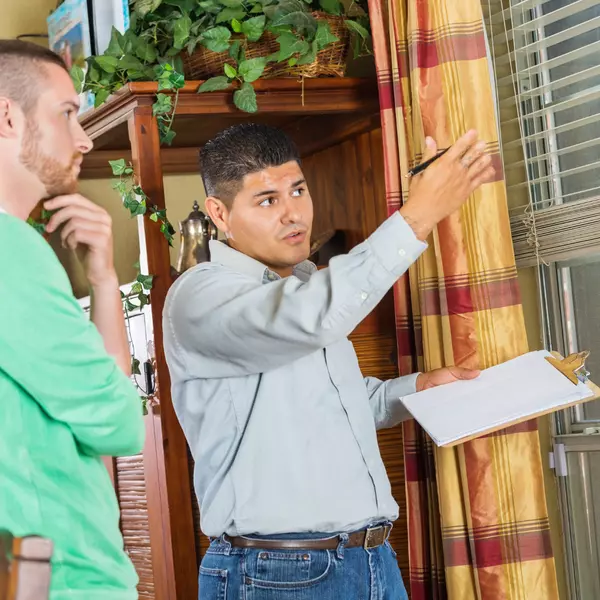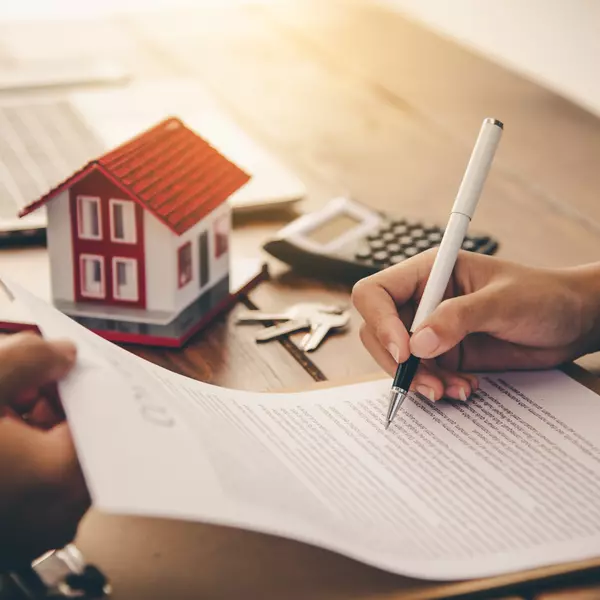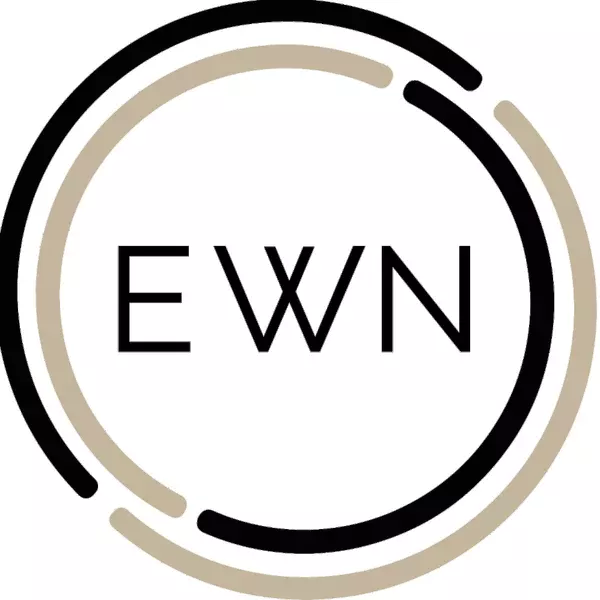The Home Inspection Process: What You Need to Know
When purchasing a home, one of the most critical steps in the process is the home inspection. This essential phase helps buyers ensure that they are making a sound investment and that the property is safe and structurally sound. Understanding what to expect during a home inspection can alleviate anxiety and prepare you for any potential issues that may arise.
The Importance of Home Inspections
Home inspections serve as a safeguard for buyers. They provide an objective evaluation of the property's condition, highlighting any existing or potential problems. Whether you're a first-time buyer or an experienced investor, having a thorough inspection can help you avoid costly surprises down the road. It can also give you leverage in negotiations, especially if significant issues are discovered.
What to Expect During the Inspection
Typically, a home inspection lasts about two to three hours, depending on the size and condition of the property. Buyers are encouraged to attend the inspection to gain firsthand knowledge about the home's condition and ask questions directly to the inspector.
The inspector will assess various aspects of the home, including:
1. Structural Components:
This includes evaluating the foundation, walls, ceilings, and roof for any signs of damage or wear.
2. Systems:
Inspectors will check major systems such as plumbing, electrical, heating, and air conditioning to ensure they are functioning properly.
3. Interior Elements:
The inspector will look at windows, doors, flooring, and appliances for any issues.
4. Exterior Features:
This includes examining siding, gutters, driveways, decks, and landscaping for maintenance concerns or potential hazards.
5. Safety Issues:
Inspectors will identify safety hazards such as mold, radon gas levels, and carbon monoxide detectors that may need attention.
Choosing an Inspector
Selecting a qualified home inspector is crucial. You should look for someone who is certified and has experience in your specific market area. Ask for recommendations from your real estate agent or friends who have recently purchased homes. Be sure to read reviews and check credentials before making your choice.
It’s also wise to inquire about what services are included in their fee. Some inspectors may offer additional services such as thermal imaging or pest inspections for an extra charge.
The Inspection Report
After completing the inspection, you will receive a detailed report outlining all findings. This document typically includes photographs and descriptions of issues found during the evaluation. It’s essential to review this report thoroughly with your real estate agent so you can understand its implications fully.
The report may categorize issues into different levels of severity:
Critical Issues:
These require immediate attention (e.g., structural problems).
Major Repairs:
Significant repairs that should be addressed soon (e.g., outdated electrical systems).
Minor Repairs:
Cosmetic or minor maintenance items that can be addressed over time (e.g., paint touch-ups).
Negotiating After Inspection
Once you have reviewed the inspection report with your agent, it's time to discuss how to proceed with negotiations based on what was uncovered during the inspection.
If critical or major issues were identified, you might consider asking the seller to make repairs before closing or requesting a price reduction equivalent to repair costs. Alternatively, some buyers opt for a credit at closing instead of having repairs completed beforehand.
It's important to approach negotiations tactfully; sellers may be more willing to cooperate if presented with reasonable requests backed by evidence from the inspection report.
Preparing for Potential Outcomes
While it’s easy to feel overwhelmed by negative findings during an inspection, keep in mind that not every issue should lead you to walk away from a deal. Many problems can be resolved through negotiation or remediation efforts after purchase.
However, if extensive repairs are needed or if there are significant safety concerns uncovered during inspections that could jeopardize your investment or well-being—be prepared to walk away if necessary.
Final Thoughts
The home inspection process is an invaluable part of buying a property that shouldn’t be overlooked. By understanding what to expect during an inspection and how it can impact your purchase decision, you'll be better equipped to navigate this crucial phase confidently.
Remember that knowledge is power; being informed about potential issues allows you not only to negotiate effectively but also ensures peace of mind as you make one of life’s most significant investments—your future home.
Our experienced agents would love to help you sell your home. Contact us today.
EWN | Real Broker
816.410.8800 or ewn@ewn-re.com

Categories
Recent Posts











